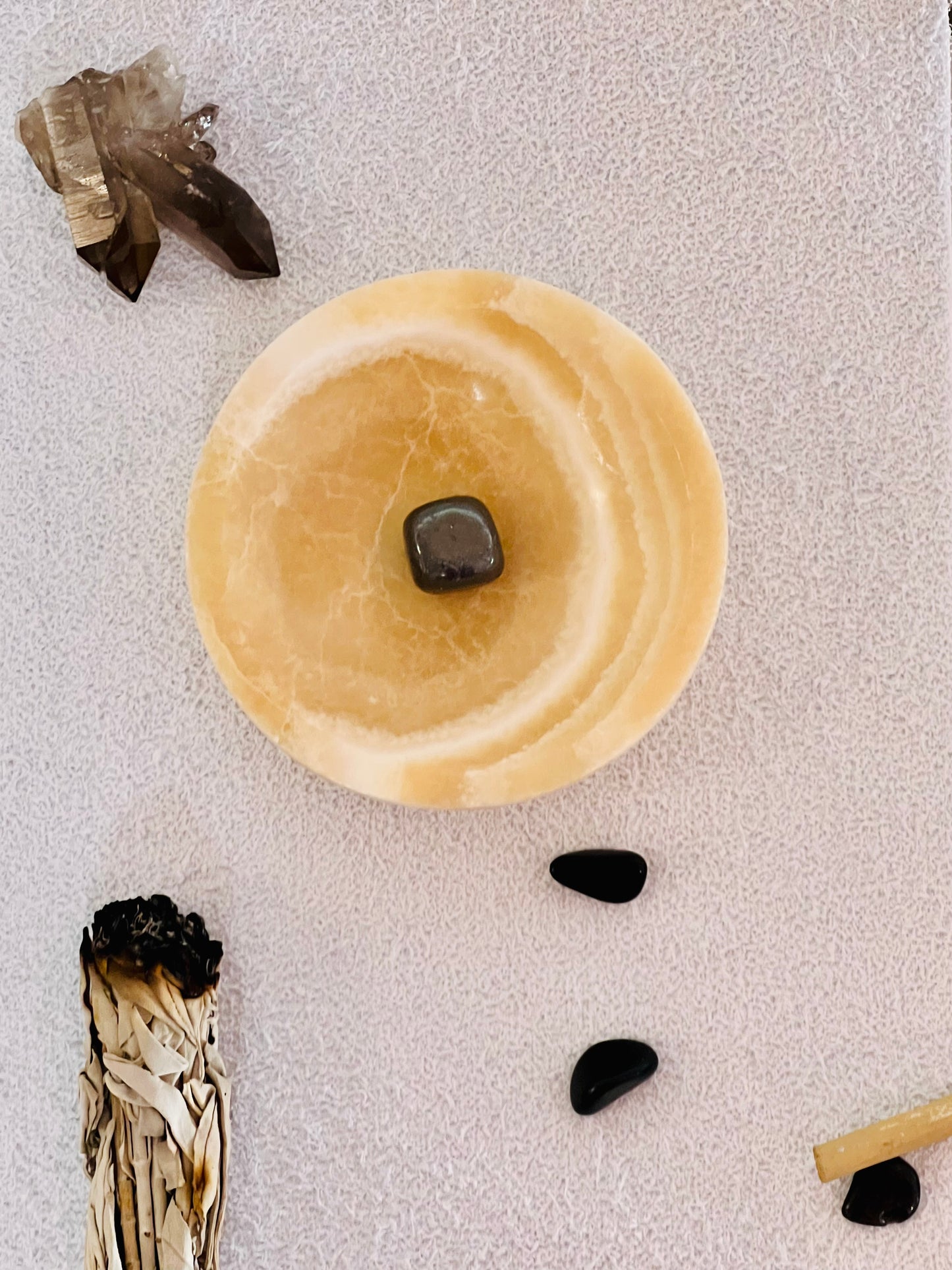
Clearing Mental Clutter Through Meditation
When most people hear the word "meditation," they often associate it with spiritual people who devote their life to the craft, or people who spend their days with their heads in the clouds. However, meditation is an ancient practice, as old as civilization, and the practice can benefit anyone, regardless of their beliefs or lifestyle, and it can help clear your mind effectively.
About meditation
The people who stand to gain the most from meditation are those who lead busy, everyday lives. Our daily routines are filled with endless challenges, from work deadlines to family obligations, and it can be easy to feel overwhelmed and stressed. Meditation can provide us with the mental bandwidth we need to tackle these challenges and come up with effective solutions.
Taking just a few minutes to focus on allowing mental thoughts to be can have a noticeable impact on everyday life. When you start to meditate you will notice a lightfulness to yourself. And in a culture that often values instant gratification, meditation can provide a much needed sense of lightness and clarity.
Meditation is not a one-size-fits-all practice however. While many religions emphasize meditation, it is a tool that can be utilized by anyone, regardless of personal beliefs. Simply being with one's thoughts can be useful for individuals seeking greater mental clarity and emotional well-being.
Everyone will experience meditation differently. Thus, contrary to popular belief, there is no need to sit on a floor and attempt to shut out the world in order to meditate. In fact, this approach can be counterproductive, especially for beginners.
Getting started with meditation
For those new to meditation, attempting to sit for an extended period of time and block out all external distractions can be challenging and may lead to frustration. Instead, it is often more effective to start with short periods of meditation and gradually increase the duration over time.
It can be a good idea to incorporate meditation into your daily activities, in order to make a habit and routine out of it. For example, while waiting for the bus or doing household chores, individuals can simply be present with their thoughts and observe them without judgment, and not scold or disown what thoughts might make it to the surface of your mind.
To enhance the meditation experience, individuals can take advantage of the fact that their body is engaged in a physical activity and use this as an opportunity to bring any troubling thoughts to the surface. Listening to a favorite music genre can be particularly helpful in this regard.
When selecting a genre, it is important to make a conscious choice to avoid any music that might trigger negative or anxiety-inducing thoughts. By choosing music that creates a calming and relaxing environment, individuals can deepen their meditation practice and improve their overall mental well-being.
Daily grooming is another opportunity to incorporate meditation into everyday life. While grooming, individuals can take a moment to bring their awareness to the present moment and ask themselves what they need to focus on in that moment.
For those who are new to meditation and unsure how to begin, setting a timer on their phone for a short period of time can be a helpful way to start. For example, individuals can commit to just five minutes of sitting with their thoughts without judgment for a period of seven days.
Progressing with meditation
It is common for individuals new to meditation to question whether they are doing it correctly. They may wonder why they are still thinking when they are supposed to be achieving a state of inner calm similar to a zen warrior would be. Therefore it is important to recognize that these thoughts are normal and to be expected.
The practice of meditation involves patiently allowing these thoughts to arise and then dissipate on their own. There is no need to judge or try to control these thoughts, as they are a natural part of the process. It is also important to remember that there's no such thing as "not thinking" or a hard and fast rule for how to meditate.
As you progress in your meditation practice, you can try expanding your routine a bit. During the second week, you may find it helpful to gradually increase the duration of your sessions. Consider extending your practice to ten minutes, and incorporating intentional deep breathing exercises.
As you inhale deeply, try visualizing yourself pulling in air and positive energy from the bottom of your tailbone all the way up to the top of your head. The bottom of your tailbone represents your root chakra, which grounds you in everyday life, while the top of your head represents your crown chakra, which connects you to a higher vibration beyond the mundane aspects of daily living.
As you exhale, imagine releasing pent-up emotions such as anger, sadness, and despair from your body. When you inhale for a second time, visualize inhaling love, wealth, and vitality into your body. On the second exhale, let go of any preconceived self-expectations you may have.
On the third inhale, envision unconditional love entering every cell of your body. Then, on the third exhale, imagine regret and past issues leaving your body. For the remainder of your meditation, allow your thoughts to flow in and out of your mind without judging or trying to control them.
Mastering your thoughts
Thoughts do not have authority over you, and they can only affect your life if you choose to act upon them. Take comfort in the knowledge that a thought is not necessarily real, but simply a perspective that can change with time.
When we experience traumatic events, we tend to bury the associated emotions deep within our bodies. During meditation, you may feel the urge to cry or scream, and feelings of anger, shame, or regret from the past may rise to the surface to be released at last.
It is common to experience the release of suppressed emotions during meditation, especially in cases of severe trauma. It can be helpful to seek the guidance of a therapist to explore these emotions safely. Incorporating meditation into your daily routine is an act of self-love, with numerous benefits such as increased patience and healthier eating choices just to name a few.
Becoming a better person
For instance you may experience more patience with the people you hold dear to your heart, or you may find yourself making healthier eating choices after having begun meditation. Daily meditation can even help you become more self-aware of daily actions that may lead to self-sabotage.
One of the major benefits of meditation is improved sleep quality, as most people struggle with endless thoughts at bedtime. By meditating during the day, you are allocating time to clear your mind and allowing the endless thought patterns to dissipate from your mental space, which can lead to a better night's sleep.
As you develop your meditation practice, there are various ways to tailor the experience to your personal preferences. You can incorporate binaural beats, crystal and Tibetan singing bowls, calming nature sounds, or soft music to aid in relinquishing control.
You can also enhance the ambiance by lighting candles, using essential oils like lavender, frankincense, eucalyptus, or peppermint in an oil diffuser, or smudging with sage, juniper, cedar, rosemary, lavender, and palo santo to set the mood.
It is recommended to wear comfortable clothing while meditating to help your mind from wandering off. As you develop your meditation practice, keep in mind that there may be times when you are unable to maintain it due to life's challenges, and that's okay. It is to be expected. Instead of being hard on yourself, start slowly and be flexible with your meditation practice.
